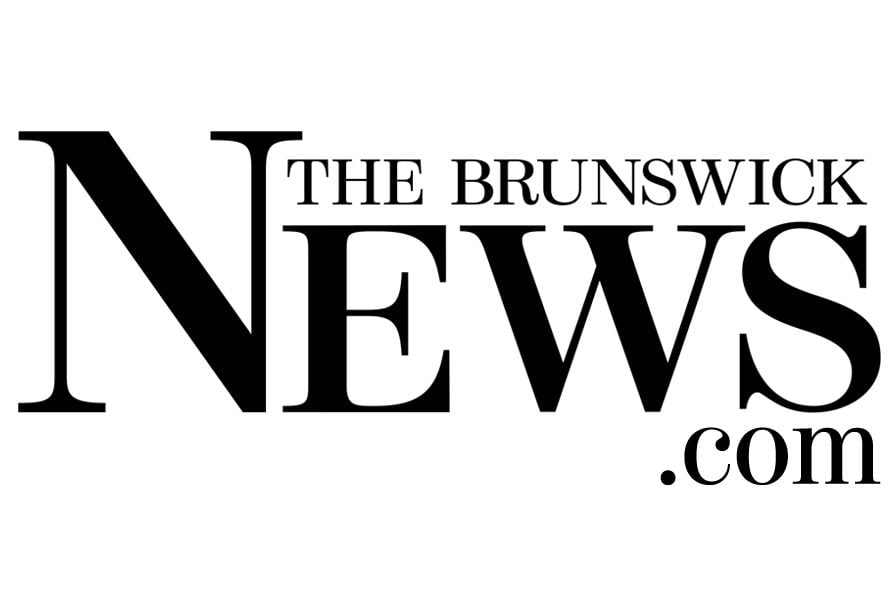Benefits of school choice are easy to find

Education status quoists are forever telling us there will be harm to public schools if more families have more educational choices. Not that they can conjure an example or two of a school — much less any students — who have been so harmed. It’s more of a theoretical thing.
That’s not the case for the beneficiaries of school choice. We can find them, and they have good stories to tell.
“I was bullied in elementary school. Maybe since first grade, all the way through fifth,” says Damacia Howard, now a ninth-grader, who lives in south Fulton. “My teachers handled it, but it still happened. So as I was going to sixth grade, my parents wanted a different option for me, because the bullying was getting worse as I got older.”
Howard’s father saw a commercial for an online charter-school operator and enrolled her in the Georgia Cyber Academy for sixth grade. Three years later, she’s gone from bullied to beauty queen, including being named Miss Georgia Pre-Teen.
But the confidence and flexibility she’s gained from attending a virtual charter school have done more than allow her to win pageants, volunteer with organizations such as Books for Africa, and begin dabbling in the acting field she hopes to pursue one day as an adult.
“One thing I can see that’s different is Damacia is actually challenged in her academics,” her mother, Regina, told me after a recent event where Damacia was honored as one of eight winners of a national video contest by the Foundation for Excellence in Education (former Florida Gov. Jeb Bush’s outfit) about the personal benefits of school choice.
“Before, she could just breeze through stuff. … To hear her say, in sixth grade, for the very first time, ‘This is hard’ — it made us smile.”
Howard wasn’t the only winner from Georgia. Cabral Clements, a graduate of North Springs Charter High School, was another. Of course, the fact he won a video contest shouldn’t be surprising: He’s an aspiring filmmaker, a passion he was able to stoke in large part by attending high school miles from home.
Clements grew up in East Point, but he spent all but one year of middle and high school studying up in north Fulton. In tenth grade he started at North Springs, where the mixture of students contributed to his education.
“North Springs is really diverse,” Clements told me. “It is diverse whether you’re talking about the socioeconomic classes, about races, or about what people are interested in. There’s a lot of math and science people, a lot of performing arts people, and a lot of film people, at least when I was there. So I was able to interact with a lot of people who were coming from across the city.
“I enjoyed the exchange of cultures. And it was a good academic experience, too.”
The academics challenged him — “That’s always been a struggle for me,” he acknowledged — but ultimately that paid off, too. He graduated from Morehouse College in 2016, and he gave some credit to the fact he knew after high school what kind of career path he was working toward.
“A lot of people don’t do well in college because they didn’t figure out what they wanted to do when they were in high school, they were too focused on the (standardized) tests,” he observed. “It’s like you’re running, but you don’t know where you’re going.”
Do some students get Clements’ kind of focus, or Howard’s blend of confidence and challenge, at their traditional public schools? Sure; I was one such student myself. But not all do. That’s the point of school choice. It’s about time more people understood that, and stopped fighting to keep the next Damacia or Cabral in a school that’s not the best fit for them.
Kyle Wingfield writes for The Atlanta Journal-Constitution. He is a Dalton native and has also written for the Wall Street Journal and Associated Press.
Tidak ada komentar